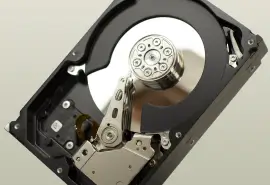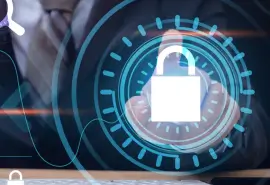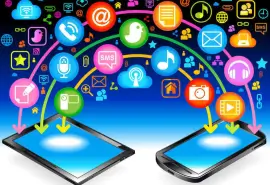Ever flicked off your lights with a sleek app on your phone, or had your fridge nudge you to pick up milk on your way home from work? Welcome to the world of smart home technology – a realm where convenience meets innovation.
Today, an increasing number of American households are embracing these technological wonders, often painted with the allure of streamlining daily routines. But it begs the question: Are our homes truly becoming "smarter," or are we simply repackaging old tech with modern flair? Remember the clapper? Not so different from your app-controlled lighting, right?
As we journey into the heart of the connected home, it's crucial to understand the balance between genuine advancement and mere novelty.
We've tapped into the confessions of everyday Americans, juxtaposing their firsthand experiences with smart tech against the latest data from the U.S. Department of Commerce. But with every leap in technology, comes the inevitable risks, underscoring the importance of reliable data security and data recovery services.
Curious about how your state fares in this smart home revolution? Dive in for the insights, surprises, and perhaps, a few home truths.
Key findings
- Connecticut, Utah, and Maryland are the states with the smartest homes.
- Arizona, Connecticut, and Nebraska have seen the greatest acceleration in smart home tech over time.
- Security systems are the #1 most annoying type of smart tech according to Americans.
- According to 1 in 3, having smart devices is fun, but they don't add much value to life beyond that.
Connecticut has the smartest homes
Drawing from the latest insights by the U.S. Department of Commerce, there's a fascinating digital divide emerging across America's landscape.
In the race to equip homes with the latest smart home technology, Connecticut stands proudly at the forefront. A notable 28.2% of its residents have embraced this tech, converting their living spaces into hubs of digital innovation. This achievement crowns Connecticut as the epicenter of the nation's smartest homes.
However, not every state shares this fervor for smart living. Alaska, known for its majestic wilderness and awe-inspiring landscapes, seems to prefer a simpler living approach. Only 13% of Alaskans have integrated smart technology into their homes, marking it the state least influenced by this tech wave.
Following closely in this digital detachment are Mississippi, Hawaii, Wyoming, and Maine, each with adoption rates hovering between 14.2% and 15.9%.
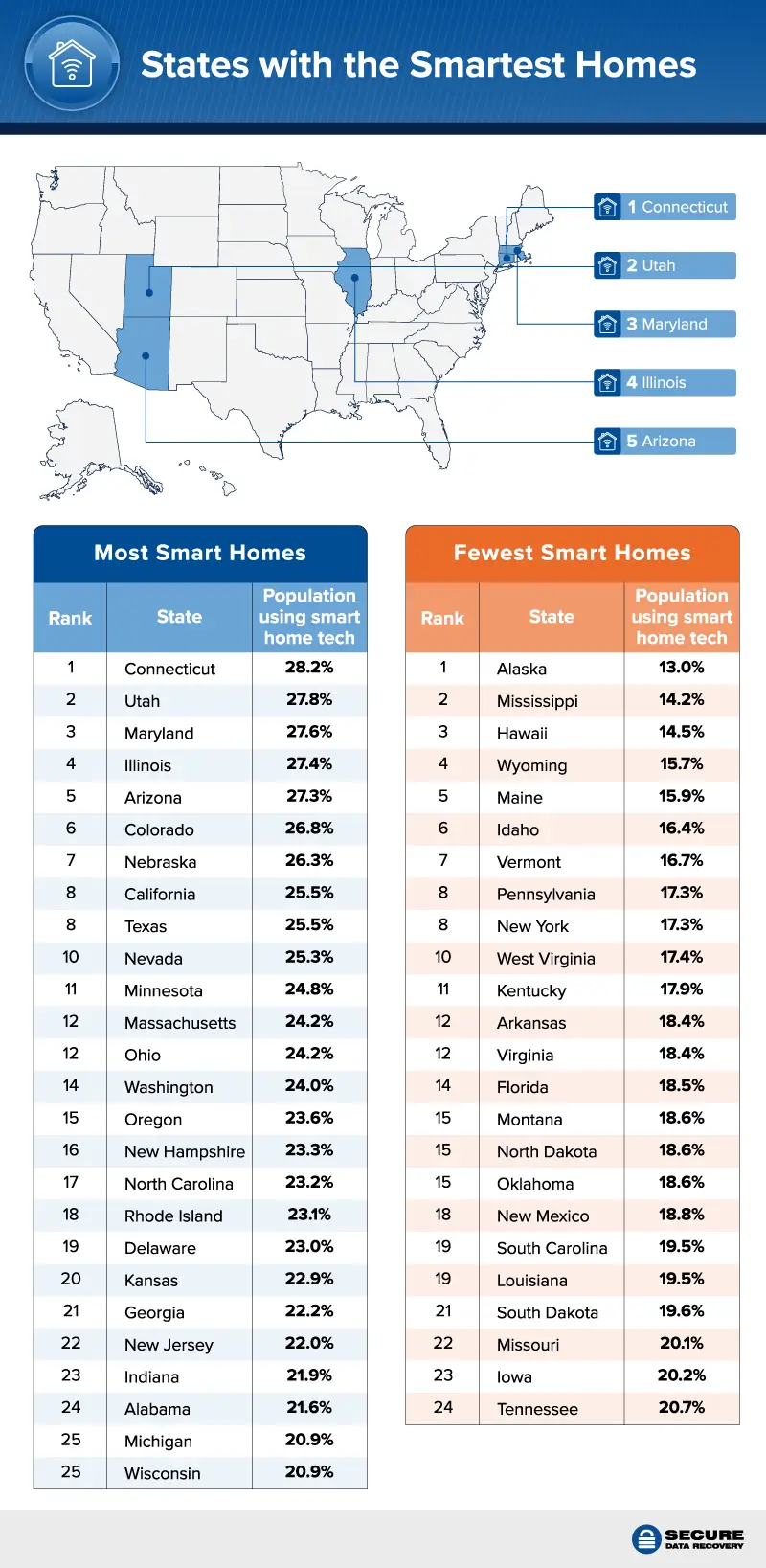
Homes in these states are getting smarter
The digital transformation of homes across America is evident, especially when compared to statistics from previous years. According to the U.S. Department of Commerce, the nation has witnessed an electrifying surge in the adoption of smart home technology.
In 2015, a mere 6.9% of American households were equipped with smart technology. Fast forward to now, and this number has soared to an impressive 22.3%. That's a staggering increase of 15.4% in just a few years!
The heart of this technological renaissance beats strongest in Arizona. The Grand Canyon State boasts a 22.9% spike in smart home adoption, marking the most rapid growth in the nation. Just a hair behind is Connecticut with a 22.7% rise, followed by Nebraska at 22.0%. Illinois and Colorado round out the top five with growth rates of 20.5% and 19.8%, respectively.
However, not all states share this rapid trajectory. At the tail end of the spectrum, Alaska again remains more resistant to the allure of smart technology. With a growth of just 5.2% over time, it's the state most hesitant to the digital home revolution. Following Alaska's cautious footsteps are Hawaii, Idaho, Mississippi, and Virginia, with growth margins between 6.6% and 9.7%.
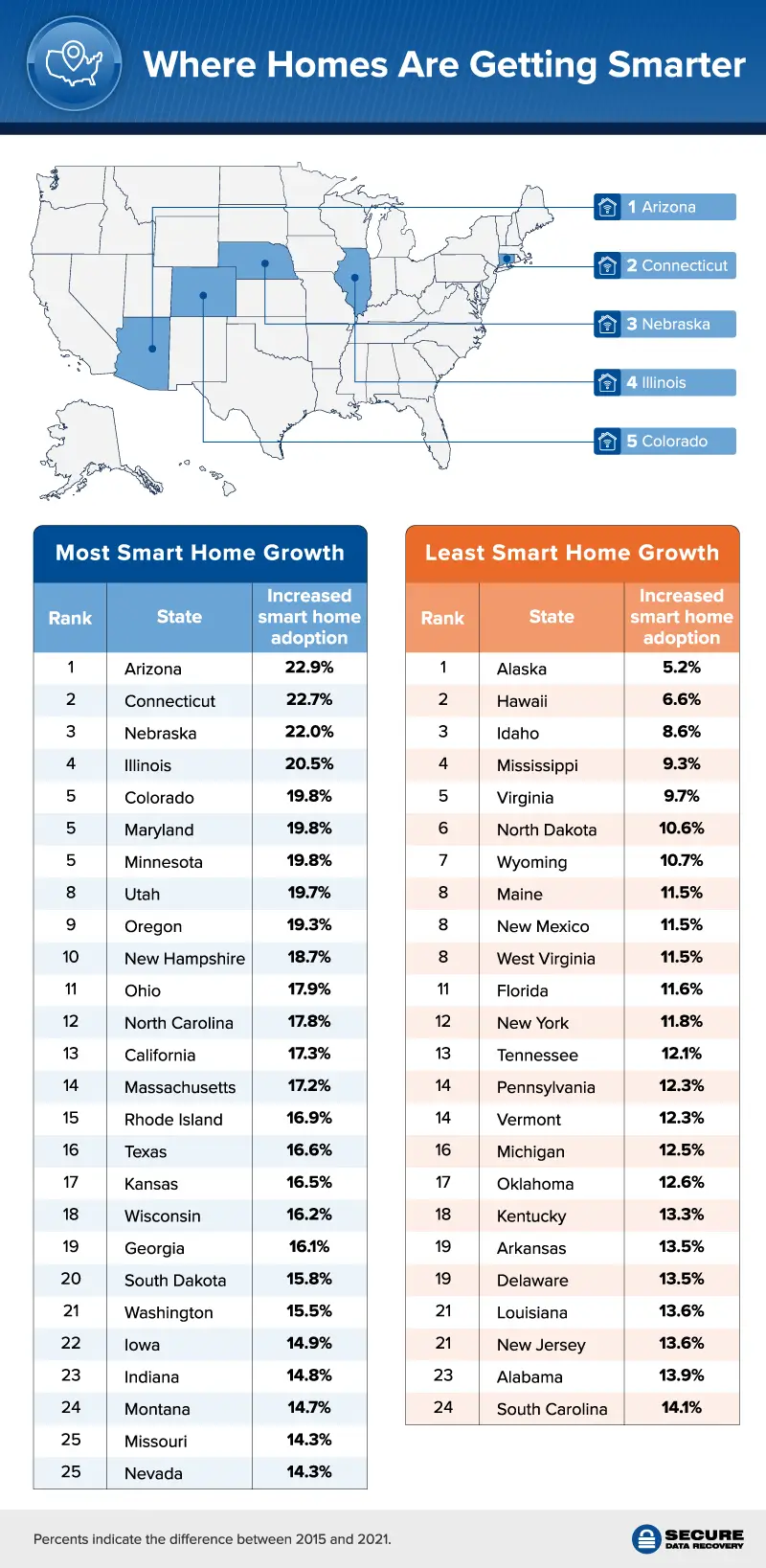
Americans’ smart home habits
America's love affair with smart home technology leans heavily toward entertainment. A commanding 72% of smart home users have adopted entertainment technology, such as smart TVs or virtual reality headsets. It's clear that for many, the allure of a technologically enhanced entertainment is irresistible.
While some Americans relish the conveniences and novelties of smart homes, they also invest a significant chunk of time ensuring these devices run smoothly. The average American devotes approximately 2 hours each week to the maintenance of smart home devices. "Maintenance" in this context encompasses addressing alerts, software updates, peculiar device noises, battery checks, and more.
Peeling back another layer reveals subtle gender dynamics that prompt reflection. Men, on average, spend slightly more time tending to these devices, clocking in at 2.24 hours weekly. In contrast, women dedicate about 1.88 hours.
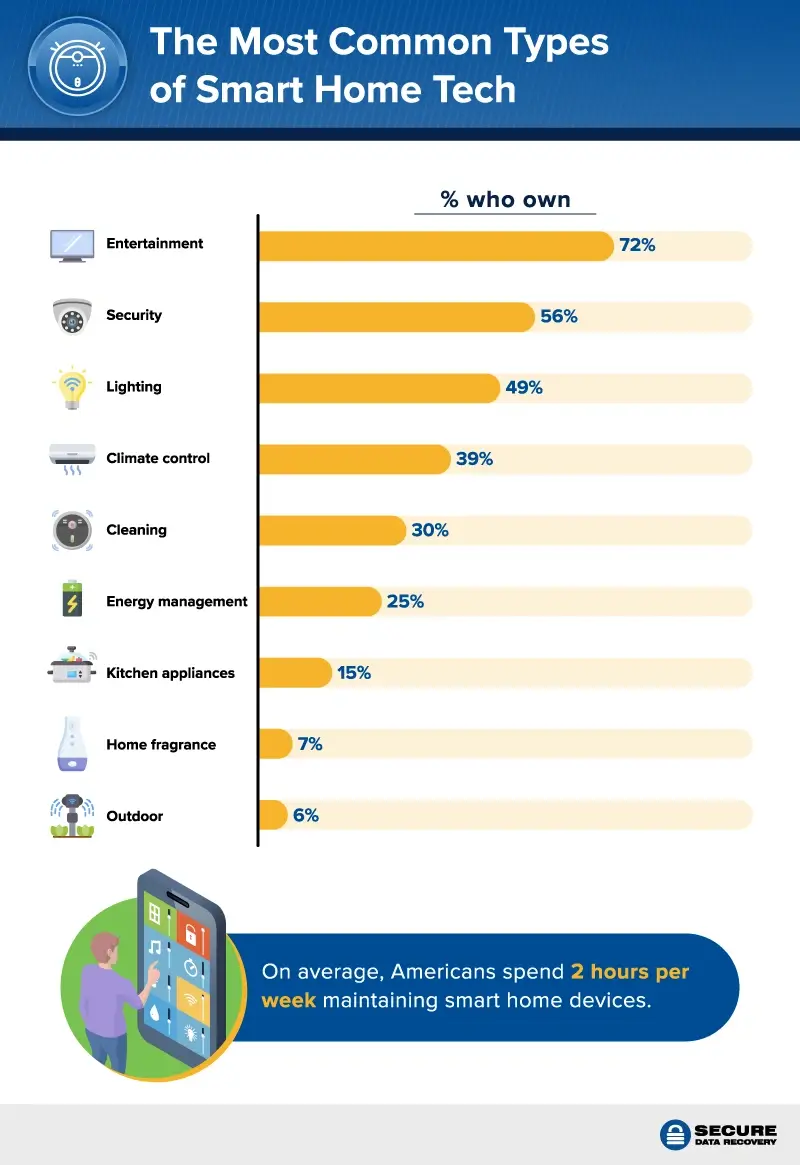
Smart home tech doesn’t always feel very smart
Despite the increasing ubiquity of smart home technology in American households, it seems there's still some friction between users and their gadgets. On average, Americans face weekly challenges with their smart devices, causing some to question if “smart technology” always lives up to its name.
For every six Americans, one believes that smart devices have inadvertently complicated daily tasks. Delving into demographics reveals that 18% of Gen X individuals echo this sentiment, making them the most disillusioned. Hot on their heels are boomers and Gen Z, each at 15%, and millennials, slightly more forgiving, at 13%. From a gender perspective, 16% of men resonate with this belief compared to a slightly lower 13% of women.
The types of smart gadgets also play a role in user satisfaction (or the lack thereof). Security systems, for instance, are the primary culprits of annoyance, with over 1 in 5 finding them to be the most irksome smart tech. Furthermore, voice-controlled devices, hailed as the epitome of hands-free convenience, aren't immune to criticism. On average, these gadgets misinterpret commands twice every week.
But beyond the glitches and gripes, there's a philosophical debate emerging — 1 in 3 Americans concede that while these devices introduce an element of fun, they don't necessarily add substantive value to life.
Interestingly, Gen Z, despite being born into the digital era, are the most skeptical of the value of smart tech, with 43% echoing this sentiment. Following them are Boomers at 33%, millennials at 32%, and Gen X at 28%.
One interpretation could be that Gen Z, having never known a world without these technologies, may take them for granted or not fully recognize their transformative impact. In contrast, older generations have seen the evolution and might better appreciate the innovations.
Delving into gender, the data further shows that 35% of men share this skepticism, slightly outnumbering the 30% of women who feel the same way.
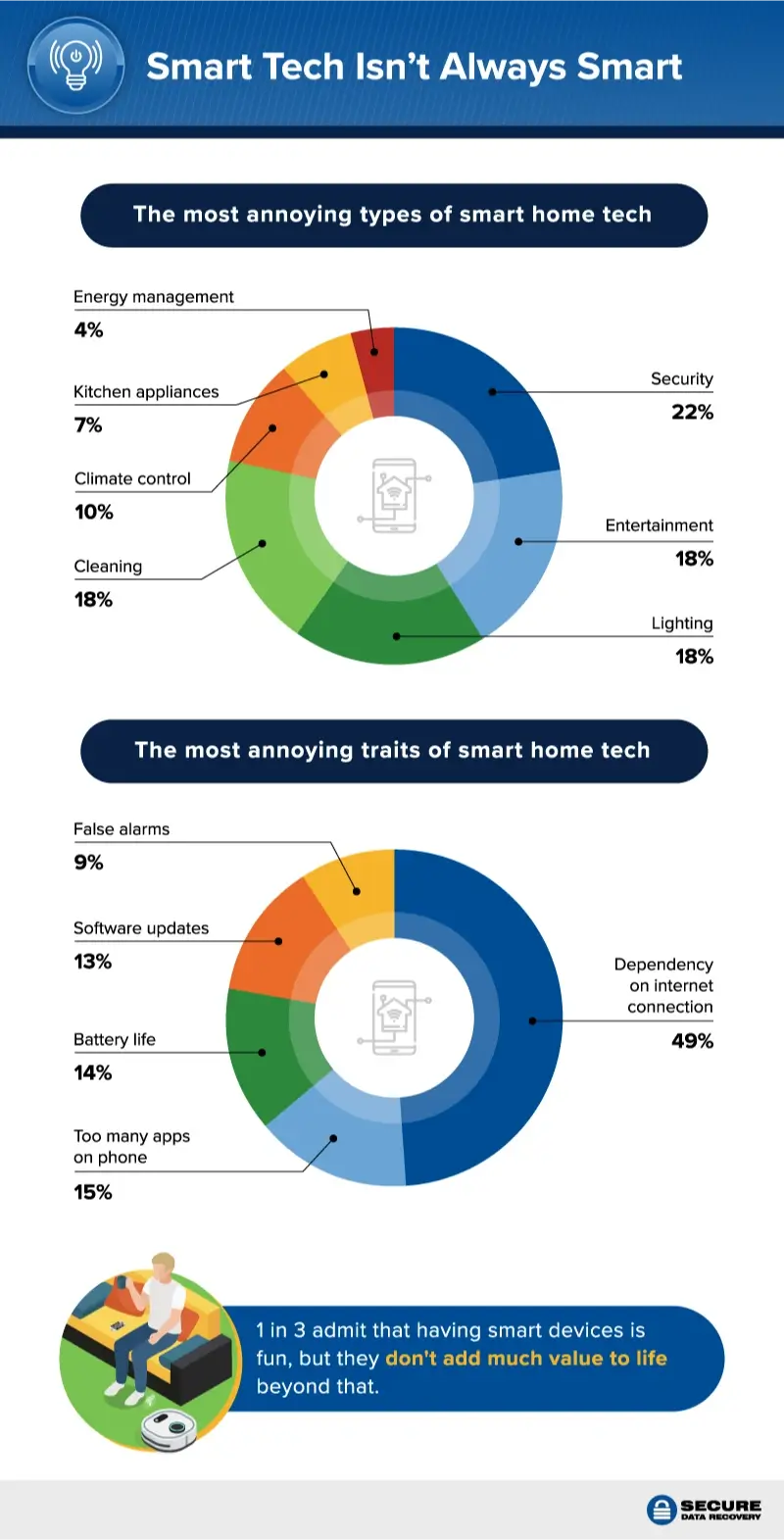
Conclusion
The adoption of smart home technology across America isn't just a fleeting trend — it's a testament to our collective pursuit of convenience, connectivity, and innovation. From state to state, the experiences vary, but the consensus is clear: Americans are finding value in integrating technology into their lives.
Yet, with the marvels of smart tech comes the imperative need for safeguarding our data. No matter how advanced our homes become, the vulnerability of data loss or potential threats is always looming.
That's where Secure Data Recovery steps in. Whether you're looking to recover invaluable memories or fortify your home's digital hub against external threats, we are your ally. In this age of the smart home, ensuring the safety of our data is not just a luxury, but a necessity.
Methodology
We used National Telecommunications and Information Administration data from the U.S. Dept. of Commerce to explore how Americans use smart home technology in different parts of the country.
We also surveyed 1,001 people across the United States on the Prolific online research platform, asking about their habits and experiences with smart home technology.
Of our respondents, 48% identified as female, 50% as male, and 2% nonbinary. Respondents’ ages ranged from 18 to 76 years old: 14% Gen Z, 54% millennials, 23% Gen X, and 9% baby boomers.




